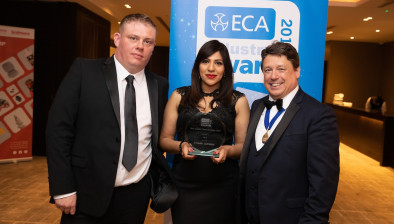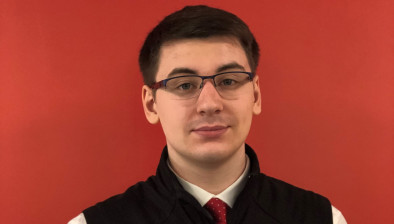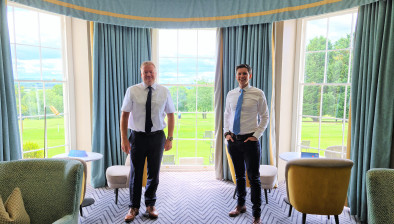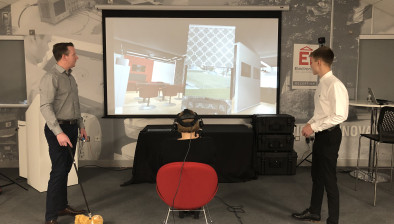Clydebank Housing Association attends Aico event on Tolerable Standard
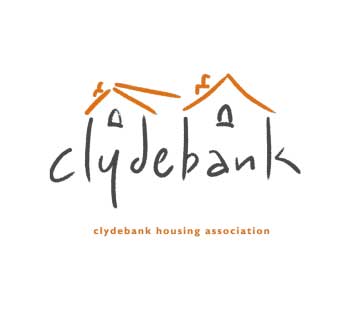
Clydebank Housing Association helped contribute to a recent virtual event on the changes to the Scottish Tolerable Standard, gaining clarification and examining implementation.
Introduced in 2019 as a direct result of recent fire tragedies, the new Tolerable Standard details requirements for Fire and Carbon Monoxide detection within homes throughout Scotland. Applicable to all properties and tenure, including private homeowners, homes must be fitted with an interlinked fire alarm system and adequate Carbon Monoxide detection, by February 2022.
The new legislative requirements stipulate that smoke alarms must be installed in every circulation space on each storey, such as hallways and landings, as well as in the room most frequently used for general daytime living purposes. A heat alarm must be installed in every kitchen and all smoke and heat alarms should be interlinked, either via traditional cabling methods or wirelessly. Carbon Monoxide alarms are to be fitted where there is a fuel-burning appliance or a flue.
Hosted by Aico, the virtual event sought to clarify these requirements, explore practical implementation and the associated challenges with guest speakers from the Scottish Government, Clydebank Housing Association and Perth and Kinross Council.
Firstly, Simon Roberts of the Housing Standards and Quality Team for the Scottish Government gave an overview of the Tolerable Standard, the basic standard for habitability, and the background of how these requirements have arisen; it is known that incidences of fatality and casualty from fire are lower when operational alarms are present. Simon explained that the requirements come as a result of recommendations outlined by a working group, in a drive towards safer homes, promoting health and wellbeing.
The event then heard a social housing perspective from Jack Devlin, acting housing services manager for Clydebank Housing Association and Alan Burns, team leader at Perth and Kinross Council. Both detailed their approach to the implementation of upgrades to the Fire and Carbon Monoxide alarm systems across their housing stock, praising the invaluable training and support Aico have provided.
Jack Devlin outlined the challenges to actioning these upgrades posed by property access, the effects of the pandemic and the issue of evidencing compliance. He went on to say how Aico’s Ei1000G SmartLINK Gateway has provided a solution to the latter, proving to be a crucial tool for the Housing Association. Alan Burns echoed these challenges, highlighting that resident engagement is paramount to reducing access issues. Perth and Kinross Council are also looking to implement Aico’s SmartLINK Gateway in the future, recognising the benefits this will bring to efficient management and maintenance.
An interactive question and answer session concluded the event, with themes around consequences of failing to meet the requirements, the impact on insurance policies, siting and future scope for improvements to standards and legislation pertaining to home life safety.
Tony Boyle, relationships manager for Aico, said: “The feedback from our Tolerable Standard event has been resoundingly positive with excellent engagement from all those who attended, resulting in insightful and thought-provoking discussions. For the last couple of years we have had many enquiries from Registered Social Landlords, the private rented sector and homeowners on what the Tolerable Standard means for them. As a thought leader within the industry, we took it upon ourselves to provide an opportunity to learn more and pose questions to the Scottish Government, directly clearing up any grey areas and gaining full clarity on the requirements.”
Looking to the future of fire safety legislation throughout the UK, he added: “Scotland has been leading the way with fire safety for a number of years, and events like this will be a catalyst for the other home nations to adopt similar legislation and promote best practice, which will in turn create safer communities.”





